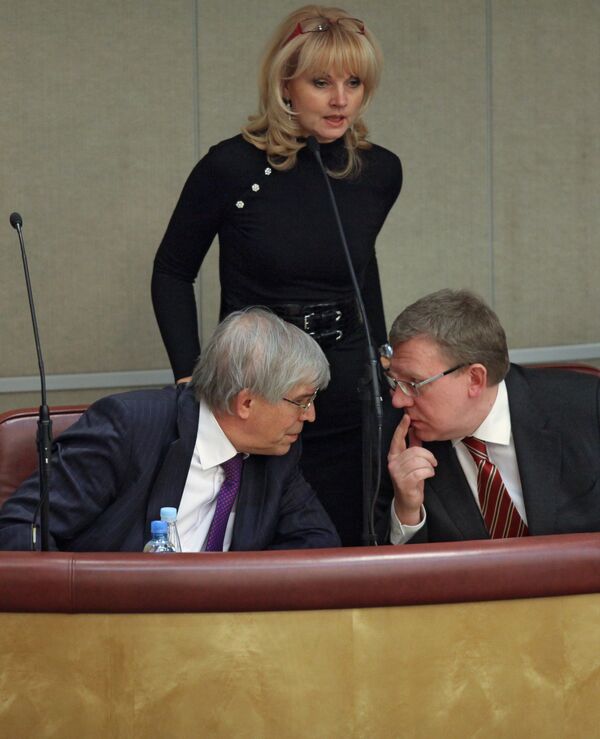Russia's lower house of parliament passed on Friday a law on state regulation of commerce, setting tougher anti-monopoly requirements, in the third and final reading.
The law is also aimed at creating transparent conditions of cooperation between suppliers and retailers.
Under the law, infrastructure limitations will be imposed on companies already holding a 25% share on the local market.
The bill also fixes terms of payment for supplied goods, with restricted payment delays. In essence, goods with the expiration date of up to 10 days should be paid for no later than within 10 days of delivery date. Retailers should also pay for domestic alcoholic products at least within 45 days from the date of delivery.
Retailers repeatedly expressed worries over the state regulation of commerce. After the law was passed in the second reading, the ACORT Retailers Association pointed to the risk of a hike in prices and a sharp decrease in the assortment of food products in Russia.
Experts also warned restrictions on payment delays would make retailers more dependent on banking loans and increase expenses on the payment of interest.
Yevgeny Fyodorov, the head of the State Duma's economic policy and entrepreneurship committee, said the bill envisages free competition necessary for development and price regulation.
"This is the government's fundamental position of a preventive nature. We should fix in a law the limits of domination and prevent businessmen from going beyond the legislative framework," Fyodorov said.
Andrei Glushko, who headed the working group drafting the bill, said the document would put up barriers to the use of "negative practices" in cooperation between traders and suppliers.
Kremlin aide Arkady Dvorkovich said the upper house of parliament, the Federation Council, would consider the bill after December 20. He said Russian President Dmitry Medvedev was expected to sign the bill into law by the end of 2009.
If signed, the law would come into force on February 1, 2010.
MOSCOW, December 18 (RIA Novosti)




